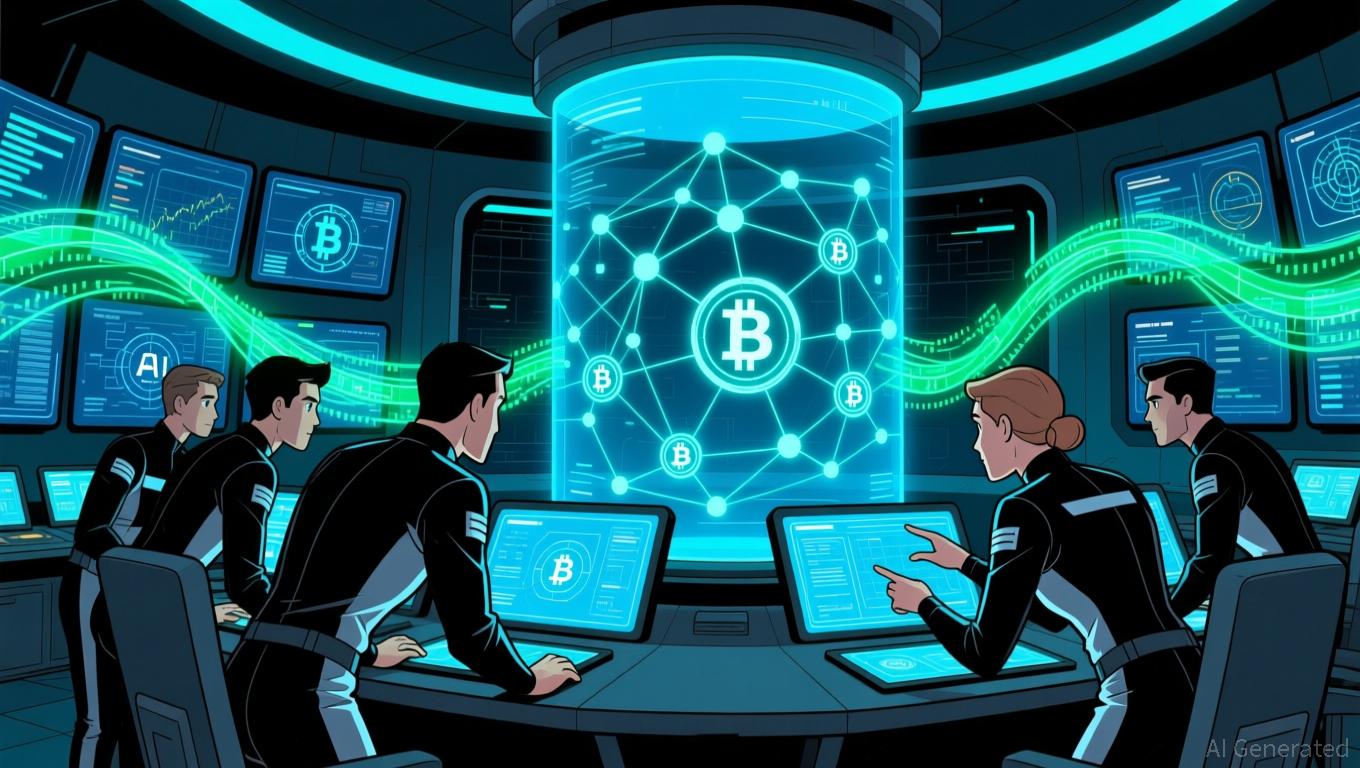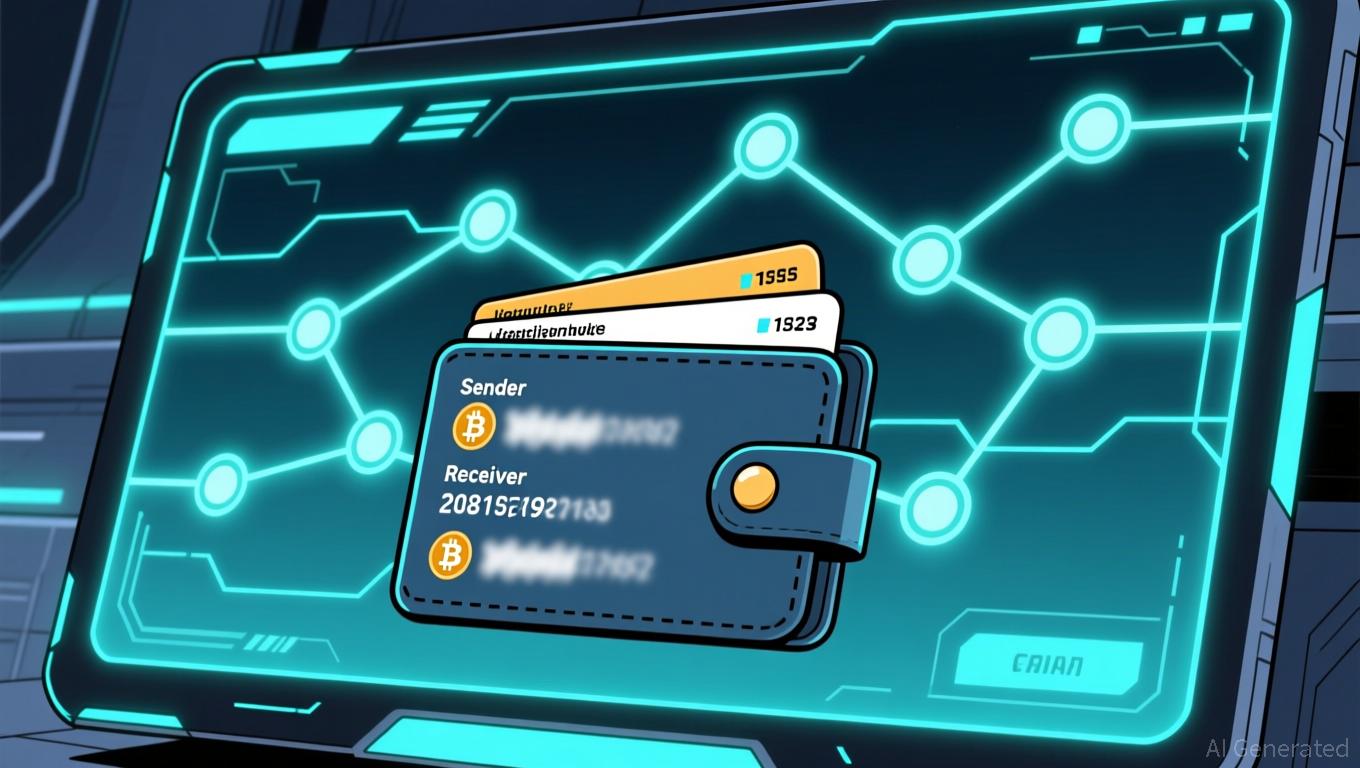Bitcoin, Ether Maintain Their 2023 Decoupling from Traditional Finance
As bitcoin and ether assert themselves as uncorrelated assets, the impact of macroeconomic catalysts has waned
If there’s one market development that may be more surprising than bitcoin’s 2023 performance, it may be its decoupling from traditional finance. Its independence from traditional finance arguably comes with both smiles and regrets.
Some investors are likely smiling over bitcoin's ability to weather macro noise, but others may be rueing its lack of participation in the periodic upsides that accompany upbeat events.
As bitcoin investors find comfort in its emergence as a non-correlated asset, they’ve also had to watch as it reacts less to global macro catalysts than its Tradfi counterparts.
Bitcoin’s correlation coefficient with the SP 500, Dow Jones Industrial Average (DJIA), and Nasdaq Composite has declined 50.5%, 30%, and 49.4% respectively since Jan. 1. Correlation coefficients range from -1 to 1, with the former indicating an inverse pricing relationship, and the latter indicating a direct one.
To be sure, digital asset news has been anything but non-eventful. There have been regulatory overhangs, unfounded rumors of SEC resignations, and speculation around Federal Reserve policy decisions. But outside of its reaction to BlackRock’s ETF announcement on June 15, BTC price action has been relatively lax.
Read More:
Until a surge above $31,7000 late Thursday – BTC’s first time above that level in a year – bitcoin had been immersed in a three-week bout of range-bound trading and volatility compression. The same has held true for ether, as investors in both assets grew content to sit on 2023 gains, while awaiting a fresh price catalyst.
At the moment, it appears that macroeconomic catalysts that move markets in general are having a lesser effect on bitcoin. Meanwhile, the decoupling hasn’t been limited to just equities.
BTC’s correlation with gold and the U.S. dollar is 0.33 and -0.23, respectively. The proximity to zero for both implies no pricing relationship at all, ironic given early perceptions of bitcoin as an inflation hedge.
Bitcoin’s most consistently positive pricing relationship has been with ether. Despite the differences in the two assets’ utility and consensus mechanism, they have traded in relative lockstep.
Bitcoin and ether’s independence hint at the maturation of the two assets, with sharp moves directly attributable to asset-specific developments.
The lack of reaction from both to Wednesday’s solid inflation report suggests that most of their investors are attempting to sift through the noise. Meanwhile, they appear to be engaging in quiet accumulation rather than rampant speculation.
Since Jan. 1, the number of bitcoin addresses with a non-zero balance has increased by approximately 9%, according to on-chain analytics firm . For ether, unique addresses with a non-zero balance increased 11% over the same period.
For bitcoin, the figure continued to rise even as prices declined to $25,000 in May, indicating an underpinning of stable demand despite the downturns.

This article was written and edited by CoinDesk journalists with the sole purpose of informing the reader with accurate information. If you click on a link from Glassnode, CoinDesk may earn a commission. For more, see our .
Edited by James Rubin.
Disclaimer: The content of this article solely reflects the author's opinion and does not represent the platform in any capacity. This article is not intended to serve as a reference for making investment decisions.
You may also like
Bitcoin Updates: IMF Warns of Widespread Risks Amid Growing Popularity of Tokenized Finance
- IMF highlights tokenized finance's efficiency gains but warns of systemic risks like smart contract interdependencies and liquidity vulnerabilities. - Upcoming Chainlink ETFs signal growing institutional adoption, with Grayscale and Bitwise advancing regulated exposure to $100B+ oracle network assets. - Analysts predict over 100 new crypto ETFs in six months, but XRP's 18% price drop underscores market volatility despite regulatory approvals. - IMF anticipates regulatory frameworks to address cross-platf

South Korea's Revamped AML Framework: Is It Possible to Balance Security with Innovation?
- South Korea's FSC overhauls AML rules to tighten crypto transaction oversight, targeting transfers under $680 and expanding pre-emptive freezes. - The crackdown follows Upbit's $30M hack linked to North Korea, prompting tax authority raids and blockchain tracking for evasion cases. - AI-powered monitoring flagged 200 suspicious accounts in 2 months, balancing automation with manual audits to detect illicit patterns. - Global enforcement remains fragmented as South Korea pushes stricter VASP registration,

"Privacy or Compliance: The Trust Challenge for Crypto in Payments and DeFi"
- Economist Saifedean Ammous critiques crypto privacy tools like Houdini Pay, arguing centralized compliance models undermine true cryptographic anonymity. - Houdini Pay's "compliant privacy" retains metadata (wallets, IPs) despite hiding onchain addresses, contrasting with zero-knowledge solutions like zkBob. - Balancer's $116M 2025 hack exposed vulnerabilities in audited DeFi protocols, highlighting risks in complex financial primitives like stable pools. - The crypto industry faces a trust dilemma: bala

